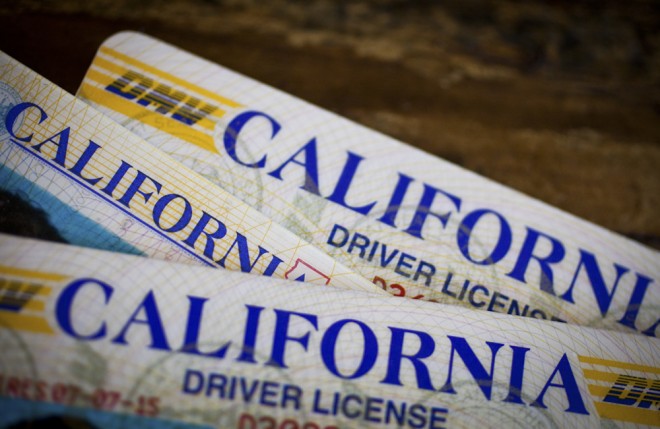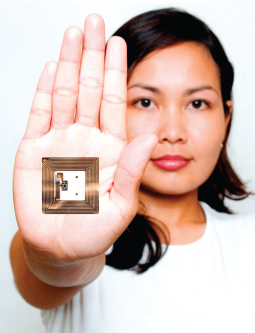We’ve been seeing radio frequency identification chips everywhere – in passports, library and payment cards, school ID cards, and most recently in NFL players’ uniforms. Now, U.S. authorities want to put them in driver’s licenses nationwide.

The states of Washington, New York, Michigan, and Vermont have already incorporated the chips that link your license with the Department of Homeland Security. If more states jump on board, there is a higher chance that these licenses would become mandatory across the country.
Currently, cards are being designed to be used instead of passports at U.S. borders, especially to speed up the entrance and departure processes in Canada and Mexico.
However, privacy advocates are trying to get this idea vetoed. The American Civil Liberties Union is calling the shift to RFID chips in driver's licenses a “civil liberties nightmare.”

According to the ACLU:
If someone tried to sell you security software that was ten years old, would you buy it? Of course it wouldn’t make sense to spend money on something that’s now outdated and vulnerable. Just like it doesn’t make sense for California to spend millions on driver’s licenses that come with unencrypted computer chips – especially when you consider that those chips have been widely recognized as insecure for over a decade.
Experts warned that this technology was insecure ten years ago, when the Department of Homeland Security (DHS) under President Bush first introduced these licenses. Back then, DHS admitted that the personal information stored in these chips could be read from a distance of up to 30 feet.
Homeland Security argues that the RFID chips do not store personal identifying information, and contain a unique number that is linked to the driver and stored in a DHS database.
But some researchers say the chips are highly susceptible to forgery. University of Washington examiners have concluded that there is “no encryption of any kind and they can be read by anyone,” and that “reading and cloning” of them “is possible.”
What do you think? Should RFID chips in licenses be mandatory or are they too insecure and unsafe?
Via ArsTechnica
Advertisement
Learn more about Electronic Products Magazine





